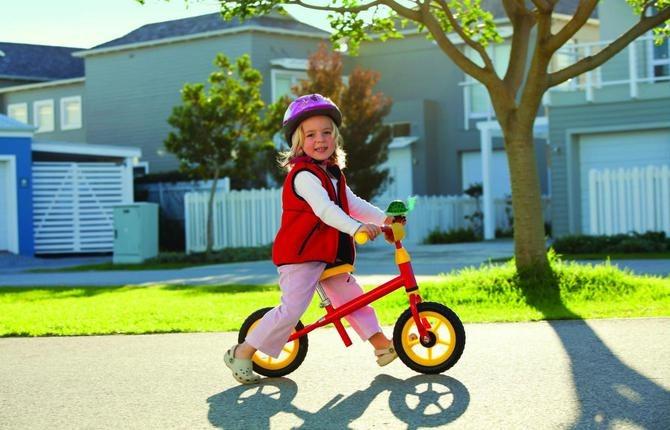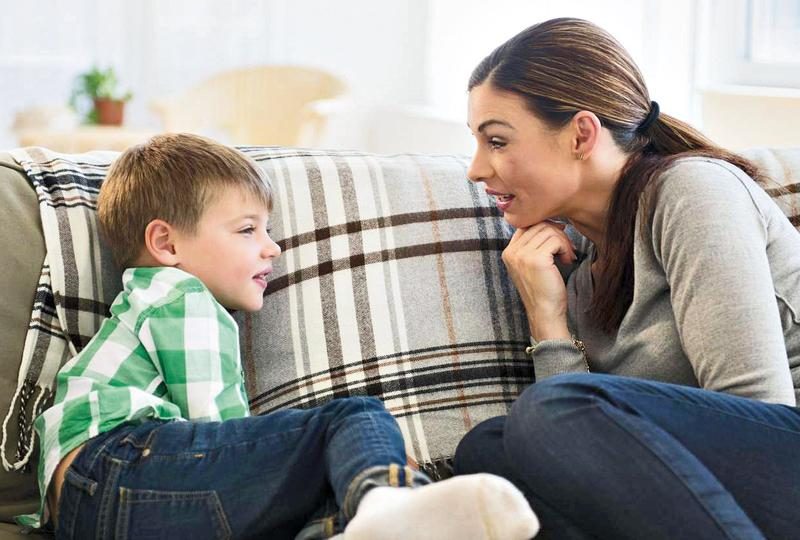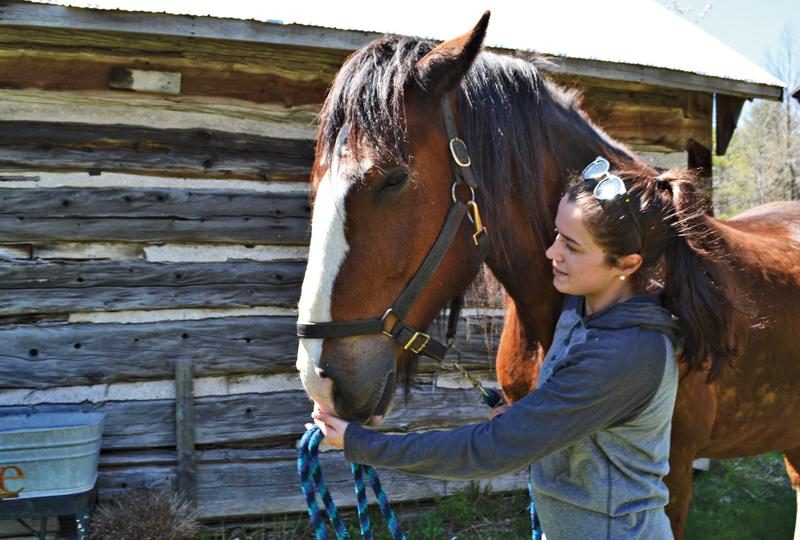
More time outdoors helps sleep-deprived kids
Parents will tell you there are few things worse than a child who needs sleep. With the back-to-school season in full swing, many parents are battling the bedtime routine again, a source of frustration for many families.
A new report and parent guide “Green Time for Sleep Time” (www.beoutthere/sleepreport) from the National Wildlife Federation (www.beoutthere.org) says between racing around on tight schedules and staring at electronic media for hours a day, a majority of kids are sleep deprived.
According to the report, lack of play time outdoors is a big part of the problem. Today’s indoor kids are over-stimulated by TV, handheld games and other electronic devices. To get a good night’s sleep they need: natural sleep-inducing light during the day; the soothing effects of more natural, outdoor scenes; and enhanced exercise from outdoor play.
Cooper Monroe, founder of “The Motherhood.com” web community says “when kids are sleep deprived there is less peace in day-to-day family dynamics. When a family spends time playing outdoors it almost always means a good night’s sleep – for everyone.”
In addition to the bedtime routine being a struggle, many parents are surprised to learn that their children actually suffer from sleep deprivation – as much as two hours a day. Some reasons are obvious: busy schedules, too much homework, and an addiction to electronic media. But according to NWF’s Guide, one reason for this chronic problem is relatively new; a nearly complete lack of regular outdoor playtime.
Because today’s childhood is largely spent indoors, kids aren’t getting enough exposure to natural daylight; are spending on average eight hours a day watching TV, playing video games and using other electronic media; lack exposure to nature’s calming and restorative powers; and don’t get enough exercise that outdoor play provides. These are all deterrents to a good night’s sleep.
The Parent Guide says building some outdoor time into a child’s daily routine will help overcome these impediments and provide the physical, emotional and cognitive benefits derived from sleeping well.
“While there is no single solution to childhood sleep deprivation, part of having a child who is well rested involves trading some “screen time” for “green time,” said Kevin Coyle, NWF VP of Education and Training. “More play time in natural settings can help kids get a high-quality night’s sleep.”
Sleeping well can mean a child that is less cranky, can concentrate better, and is calmer and more productive. NWF’s Guide provides these helpful tips for ensuring a better night’s sleep through more exposure to the outdoors and nature:
Build outdoor time into the mindset – think opportunistically with occasional walks to school or the school bus stop, help with home gardening projects, walking the dog, any small convenient outing. Even a small dose of nature, exercise and natural light will enhance sound sleep.
• Be a proponent of school recess – many schools are eliminating this value part of the school day
• Encourage day care providers to build daily outdoor time into the schedule
• Arrange to rotate with other parents as an after-school outdoor play supervisor on the block or in the neighborhood. This can eliminate the fear or stranger danger
• Create natural playscapes in the backyard with bird feeders, a garden, safe outdoor play equipment and toys
• Schedule weekend outings if weekdays are too crammed with work, sport practices, dance lessons or tutoring sessions
• Find “natural places” to visit
• Explore fun outdoor activities
• Plan an outdoor adventure like a nature hike, canoe trip or a backyard campout
Sleep Deprivation
Teenagers are the most seriously sleep deprived, but young children are not doing much better and many face the same consequences. It’s recommended that seven to 12 year olds get 10 to 11 hours per night but in reality are only getting about none hours; three- to six-year-olds need 10 to 12 hours and are getting less than 10. Adding to the problem is that children are bad judges of their own need for sleep. One study reviewed in Parenting Science, found that children insisted they were not sleepy even though they had only four hours of sleep at night.
Influence of Natural Daylight
There is a significant difference between indoor and outdoor lighting. Outdoor lighting is much brighter and covers a broader spectrum of light. Exposure to such light has been documented to improve sleep quality because it helps to regulate the human body’s internal “sleep clock.” Regular doses of bright natural light for children also help them stay more alert during the day, elevate their moods, and make it easier to sleep at night.
There is also evidence that the wrong light can actually damage our health. The University of Connecticut has found that increasing use of artificial lighting during the night time hours might disrupt people’s sleep rhythms, possibly by suppressing melatonin production. This argues for getting the kids away from the TV, computer, and video games earlier in the evening. With the body clock set from some earlier outdoor play, they should drift off to sleep without any problem.
Outdoor Exercise Induces Sleep
Exercise can release soothing endorphins into the blood stream and can help with the production of melatonin. As a result, many people find that regular exercise significantly improves sleep quality. While some children get a degree of exercise through school physical education programs or through organized sports, too many kids are sedentary and obesity rates have nearly tripled in the past 25 years. The Centers for Disease Control recommends that children and adolescents should engage in 60 minutes or more of physical activity each day.
A report from the University of Leeds in the United Kingdom points out that “indoor space often constrains children’s gross motor movements and allows less opportunity for exploration.” It finds that outdoor play encourages activities such as climbing, jumping, running and tumbling.
Soothing Dimensions of Nature Good for Kids
Nature has a way of comforting children. It can take away stress and be a haven for kids who are otherwise feeling the pressures of school, family, and social demands. Nature time can relieve that overwhelmed feeling and help a child be more resilient in handling daily expectations according to the Child Care Information Exchange in Redmond, Washington. It helps normal children and can have a dramatic effect on children with special needs.
Be Out There
NWF’s Guide doesn’t advocate major lifestyle changes by living in the woods and forsaking all indoor activities, electronic media is part of our modern world. However helping kids achieve a better balance between indoor and outdoor living will provide a better night’s sleep and ensure happier, healthier children. Parents can then put their own minds more at rest knowing their children don’t suffer the ill affects of sleep deprivation and all the complications it presents.







